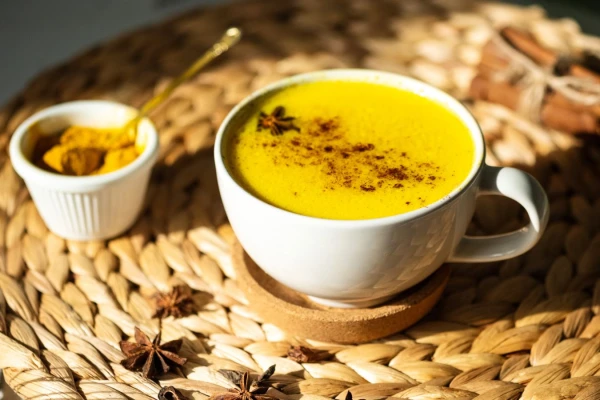
A good night's sleep is essential for health and well-being, but many face difficulties falling asleep and sleep deprivation.
According to the Centers for Disease Control and Prevention (CDC), one-third of adults in the U.S. do not get the recommended seven hours of sleep per night. Lack of sleep leads not only to decreased energy but also to impaired concentration, mood, and overall well-being.
Among the ways to improve sleep is proper nutrition. In addition to avoiding caffeine and heavy foods, there are drinks that promote falling asleep and quality rest.
Cherry Juice
Tart Montmorency cherries contain melatonin, which helps regulate the natural sleep-wake cycle. A small study showed that consuming one cup of cherry juice twice a day increased sleep duration by 84 minutes compared to placebo. Additionally, cherries enhance the availability of tryptophan—a sleep-supporting amino acid.
Almond Milk
Almond milk contains tryptophan, which promotes the production of serotonin—the hormone that initiates sleep. Moreover, the drink is rich in magnesium and melatonin. One cup of almond milk provides about 17 mg of magnesium, which is 4% of the daily value.
Decaffeinated Green Tea
Decaffeinated green tea is rich in antioxidants and contains L-theanine, which reduces stress and anxiety. This contributes to a calmer sleep and facilitates falling asleep. A standard cup of tea contains about 8 mg of L-theanine.
Milk
Milk is rich in calcium, magnesium, and potassium, which help produce melatonin and prevent muscle cramps—a common cause of insomnia. One cup of skim milk provides 13% of the daily value of magnesium and 16% of potassium.
Kefir
This fermented milk drink contains tryptophan and probiotics that support a healthy gut microbiome. Studies show that a diverse microbiome is associated with improved sleep quality and duration.
Golden Milk
Warm milk with turmeric, ginger, and honey combines the calming effects of tryptophan, magnesium, and potassium with the anti-inflammatory properties of ginger and curcumin. Animal studies have shown that turmeric promotes deeper sleep, which may be beneficial for further research in humans.
Source: 1001sovet













